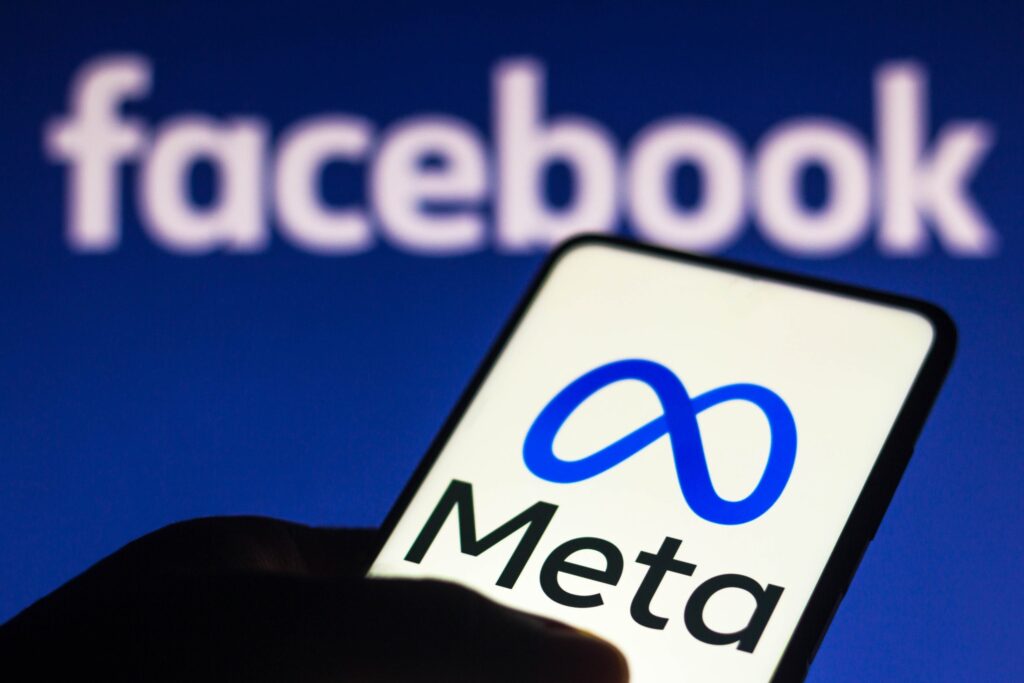As Meta changes policy on calls for violence, one thing is clear: Government points stick, Big Tech uses stick
March 14, 2022
Last week Russia changed its criminal code to make the spreading of “disinformation” about the war in Ukraine subject to criminal penalties including possible jail time.
The move was followed by Facebook parent company Meta, making a significant change in its policy on the types of violent rhetoric allowed by users on Facebook and other Meta platforms.
As long as the rhetoric calling for the death or dismemberment, hanging, etc., was directed at Russian soldiers, Russian President Vladimir Putin or Belarusian President Alexander Lukashenko — or similar government officials — users in certain countries bordering on Russia could engaged in the previously banned calls for violence on the Meta platforms.
The change in the rules was announced by Meta spokesperson Andy Stone, according to the Wall Street Journal.
You might remember Stone as press secretary for the Democrats’ House Majority PAC or as press secretary to former Sen. Barbara Boxer (D-Calif.), who, according to SFGate, represented a Chinese firm that helped harass and intern Uyghur Muslims.
Now Stone works for Meta.
“Meta said the temporary change aimed to allow for forms of political expression that would normally violate its rules,” the Straits Times of Singapore reported.
By any measure, however, Meta’s new embrace of free speech in the allowance of violent rhetoric doesn’t advance free speech any more than Russia’s criminalizing free speech did.
Quite the opposite.
What Meta does, however obvious, is advance the solidarity between the liberal state and Big Tech.
It makes it crystal clear that when the liberal state points that big stick, Big Tech is going to use that stick, whether the opponent is former President Donald Trump, Putin or a Canadian trucker.
“If we applied our standard content policies without any adjustments we would now be removing content from ordinary Ukrainians expressing their resistance and fury at the invading military forces, which would rightly be viewed as unacceptable,” said Nick Clegg, according to Yahoo News, in discussing the new policy that allows some to call for the death of political opponents that neither the U.S. nor the U.K. is at war with.
And who would find it unacceptable, given Big Tech’s already unacceptable position on free speech?
As unacceptable as the New York Times found the assassination of Iran’s Maj. Gen. Qassim Suleimani?
But then, Clegg, Meta’s president of Global Affairs, is a former British deputy prime minister, and a Liberal Democrat party member in the U.K. He works for Facebook-Meta as their global pitchman.
Clegg is Andy Stone’s opposite number in the U.K., whose progressive world views are both likely to contribute to the “adjustments” Facebook-Meta make on what they allow and what they delete from users’ violent rhetoric.
Because these sudden adjustments to the free speech policy by Big Tech are similar to the way the liberal state and Big Tech handled the Freedom Convoy, making exceptions to their rules and even breaking the law, because the Freedom Convoy was not something of which the liberal state approved.
Said Democrat Rep. Carolyn B. Maloney (NY) via Fast Company:
I am concerned by reports that stolen and fake accounts on Facebook are behind large-scale organizing and fundraising efforts related to a blockade in Canada that has impacted vital U.S.-Canada border crossings and cross-border trade. These reports are particularly alarming given Facebook’s history of amplifying toxic content, extremism, and disinformation, including from Russia and other foreign actors.
And oh, did Meta-Facebook take those concerns seriously, deleting “spammers and scammers” supporting the Freedom Convoy right on cue by the Democrats.
Imagine Nick Clegg or Andy Stone saying: “If we applied our standard content policies without any adjustments we would now be removing content from ordinary Canadians expressing their resistance and fury at the mask mandates, which would rightly be viewed as unacceptable,” in the same way they defend Ukrainians right to be heard.
It’s really hard if you try.
Acting as a kind of Duma for the liberal state, Big Tech for several years has “adjusted” their content standards to muzzle, demean and degrade whatever it was that got in the way of whatever short-term goal that the liberal state has pursued.
One day free speech needs to be “adjusted” to defeat of Trump, the next day it needs to be “adjusted” to allow forced vaccinations, the next day it’s “adjusted” to call fair and secure elections “racist.”
By some of these rationalizations, why aren’t we then calling for the overthrow and assassination of Chinese communist party chair Xi Jinping, who has killed Chinese Uyghurs and Tibetans for longer than Putin has been at war in Ukraine?
No doubt, the untimely end of both dictators — Putin and Xi — would be something to doubly cheer about, although I personally don’t advocate for the death of anyone.
But all of this serves to show that the central planners of human speech, whether in Big Tech or the government aren’t much better than the central planners of the economy: In the end, both lead to types of inflation that are bad for society.
The merger of Big Tech with those government central planners is a threat to all of us, however, laudable the slogan “Death to Putin” may be to Ukrainians, Romanians and Moldovans. Or however satisfying the “Death to Trump” slogan may be to progressive social media users.
It would be better if Big Tech stuck to a free speech policy that didn’t need adjustment to follow the latest liberal crusade.
Maybe they could follow a policy that was as elegant in brevity and lasted as long as the First Amendment has.
Just a thought.
